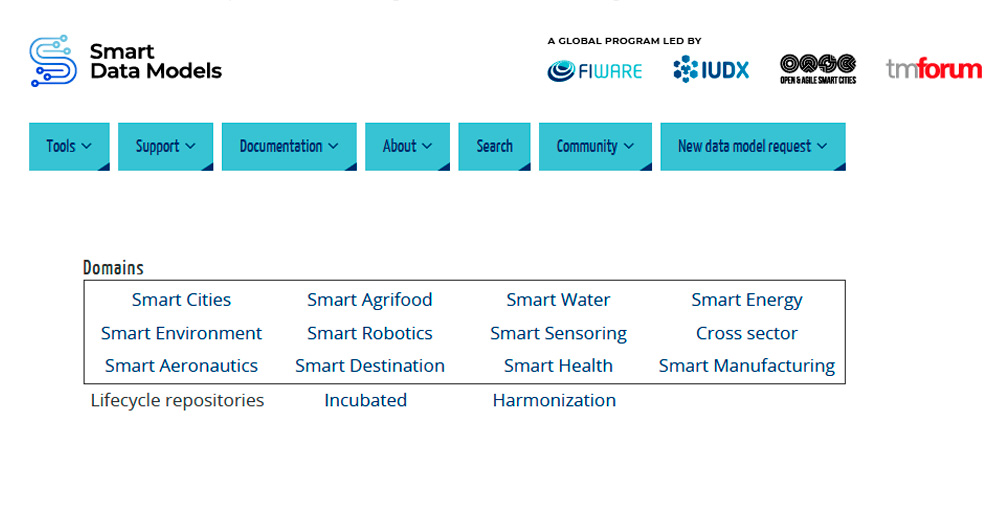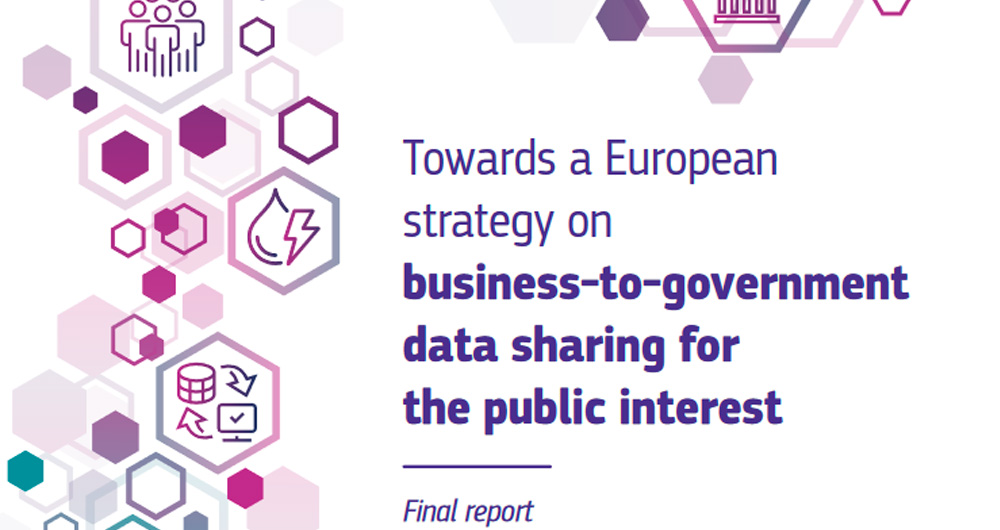10 posts found
Benefits and opportunities of public initiatives for open data visualisation
Imagine you want to know how many terraces there are in your neighbourhood, how the pollen levels in the air you breathe every day are evolving or whether recycling in your city is working well. All this information exists in your municipality's databases, but it sits in spreadsheets and technical d…
Data on the banking sector: sources of access
Access to financial and banking data is revolutionising the sector, promoting transparency, financial inclusion and innovation in economic services. However, the management of this data faces regulatory challenges in balancing openness with security and privacy.
For this reason, there are different…
DGT datasets to help improve traffic and road safety
The General direction of traffic (DGT in its Spanish acronym) is the body responsible for ensuring safety and fluidity on the roads in Spain. Among other activities, it is responsible for the issuing of permits, traffic control and the management of infringements.
As a result of its activity, a larg…
Open data in local authorities: priorities and highlighted datasets
Local public bodies, such as county councils and municipalities, play a crucial role in opening their data to the public. Making data available to citizens not only builds trust in institutions, but also drives innovation, facilitates citizen participation and promotes informed decision-making. Thro…
Private company data sharing initiatives: success stories
In today's digital age, data sharing and opendatahave emerged as key pillars for innovation, transparency and economic development. A number of companies and organisations around the world are adopting these approaches to foster open access to information and enhance data-driven decision making. Bel…
Importance of data profiling, types and tools
What is data profiling?
Data profiling is the set of activities and processes aimed at determining the metadata about a particular dataset. This process, considered as an indispensable technique during exploratory data analysis, includes the application of different statistics with the main objectiv…
Data intermediaries and their role in the Data Governance Act
Data is a key part of Europe''s digital economy. This is recognised in the Data Strategy, which aims to create a single market that allows free movement of data in order to foster digital transformation and technological innovation. However, achieving this goal involves overcoming a number of obstac…
Open science and information systems for research
The European Open Science Cloud (EOSC) is a European Union initiative that aims to promote open science through the creation of an open, collaborative and sustainabledigital research infrastructure. EOSC's main objective is to provide European researchers with easier access to the data, tools and re…
The importance of Smart Data Models
In the current context, digitalisation has expanded exponentially, reaching beyond the boundaries of the private sector and consolidating itself as one of the great challenges in all productive sectors of society. This process has brought with it the massive generation of data from which to extract…
Recommendations for a better use of private data in the European Union
In the framework of european data strategy, one of the issues on which the European Commission is working is to facilitate the exchange of data held by companies with the administrations to improve public services and guide policy decisions. According to the Commission's own definition, theB2G…









